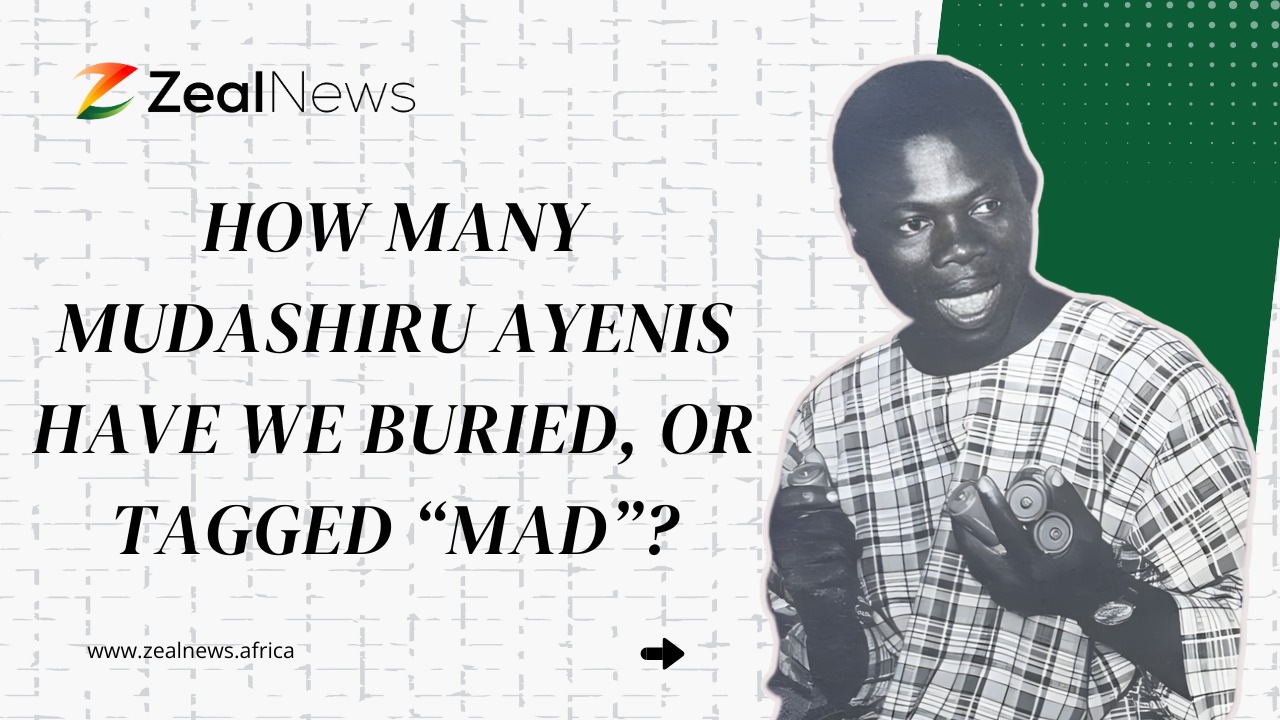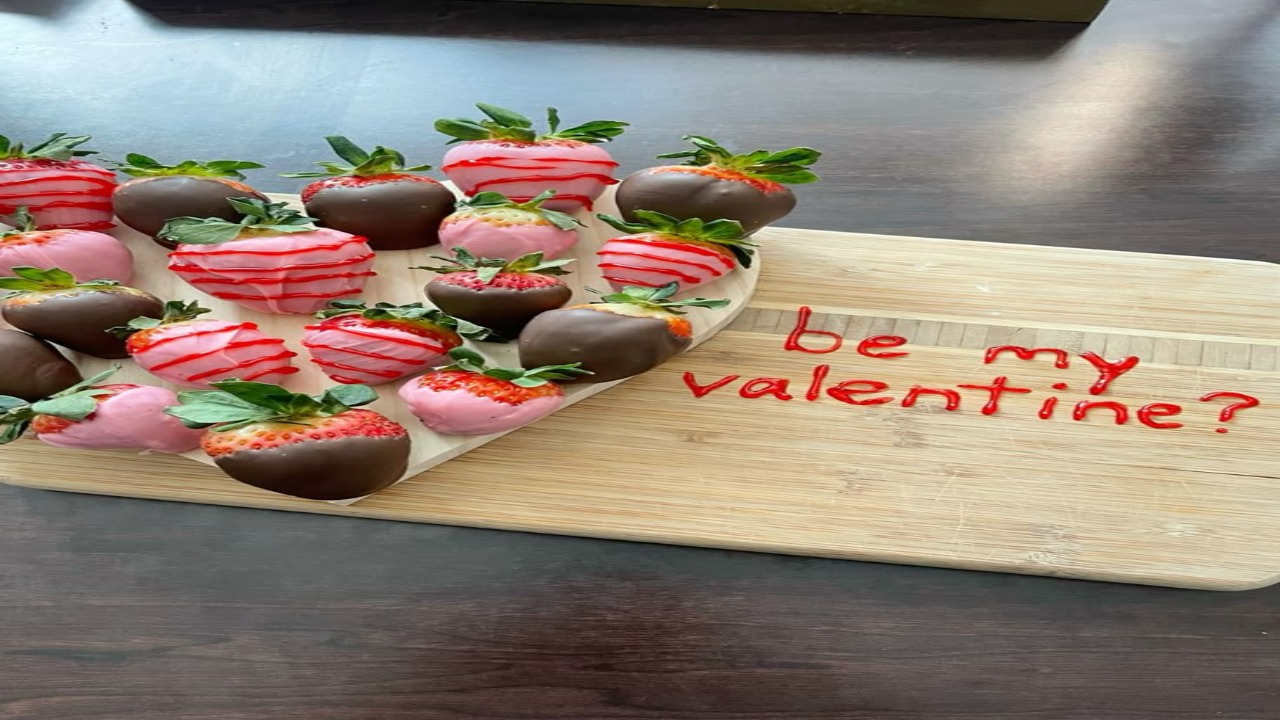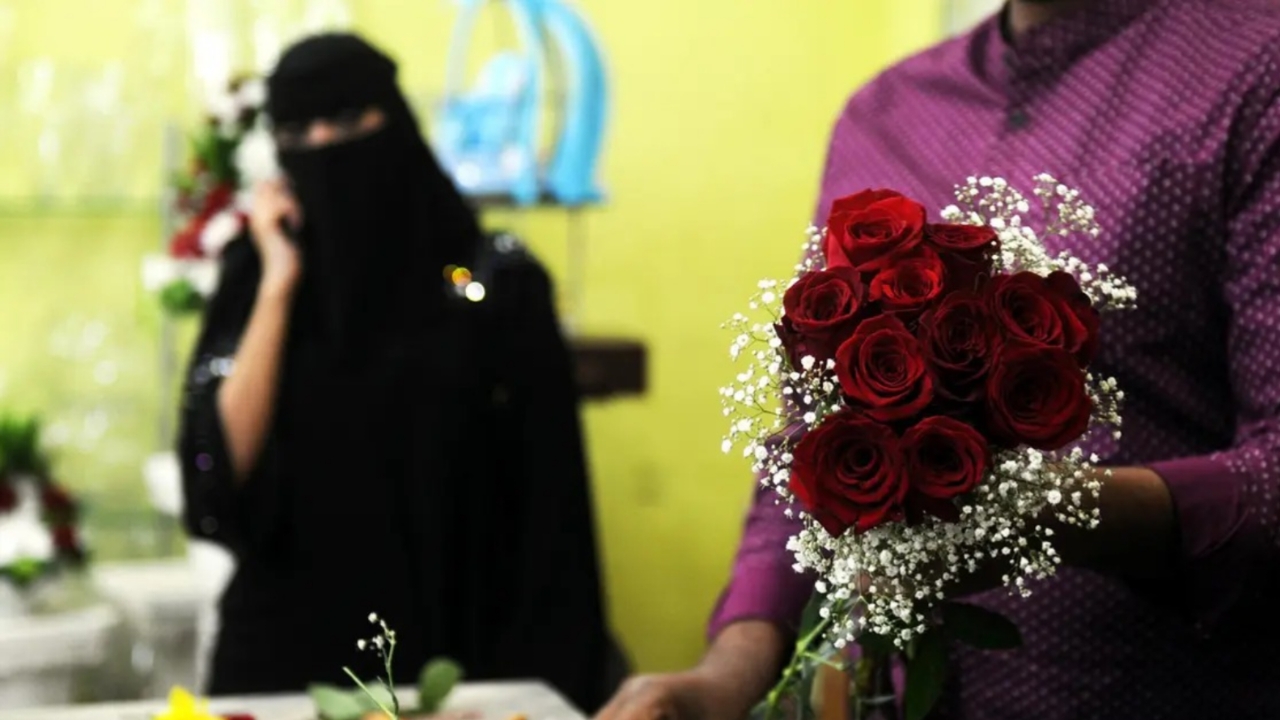2Baba’s “African Queen” Crowned the Greatest Afrobeats Song of All Time by Billboard
When Billboard released its definitive list of the 50 Best Afrobeats Songs of All Time, one name stood proudly at the top: 2Baba’s “African Queen.” Over 20 years after its release, the timeless love ballad has officially been crowned the greatest Afrobeats song ever recorded. For many, this recognition is not only a celebration of the song itself but also of the cultural revolution it sparked.
“African Queen” wasn’t just a hit—it was a movement, a bridge between old-school African rhythms and modern global pop, a soundtrack to countless weddings, and a declaration of pride in African identity. And now, Billboard has confirmed what fans across Africa and the diaspora have known all along: it’s a classic that defined Afrobeats before the world even had a word for it.
Photo Credit: Billboard(X)
From Plantashun Boiz to a Global Anthem: The Birth, Story, and Controversy
The story of “African Queen” begins in the early 2000s, shortly after the disbandment of Plantashun Boiz, the Nigerian group made up of 2Face Idibia (now 2Baba), Blackface, and Faze. The group had dominated Nigeria’s R&B and pop scene in the late ’90s, but creative differences split them apart.
Determined to launch a solo career, 2Face Idibia released his debut album Face2Face in 2004. Buried within the tracklist was a soulful ballad that would change African music forever—“African Queen.”
Written as a heartfelt ode to the beauty, resilience, and elegance of African women, the song stood out instantly. Unlike the high-energy dance tracks dominating Nigerian airwaves at the time, “African Queen” was soft, melodic, and deeply emotional. Its stripped-down guitar chords, blended with gentle percussion and 2Face’s smooth voice, created something unique: romantic Afrobeats.
The producer, OJB Jezreel, deliberately kept the instrumentation minimal to let the lyrics shine. That decision paid off—the vulnerability and simplicity of “African Queen” made it universally relatable.
But with fame came drama. For years, Blackface, 2Baba’s former bandmate, claimed he was the original writer of “African Queen.” The dispute escalated into lawsuits and public arguments that dragged for years. Finally, in 2019, the matter was settled out of court. Blackface received official credit as co-writer and agreed royalties, preserving the song’s legacy from being overshadowed by legal feuds.
Photo Credit: Pinterest
A Cultural Love Letter: Representation, Music Video, and Global Breakthrough
At its heart, “African Queen” was more than just a love song. It was a cultural statement.
At a time when Western media dominated African screens, 2Baba sang unapologetically about African beauty. The chorus—“You are my African Queen, the girl of my dreams”—resonated instantly. For African women, it was affirming. For African men, it was a call to cherish the women in their lives. For the diaspora, it was a sonic bridge back home.
The song’s music video amplified this cultural pride. Directed by DJ Tee, it featured three women, including Annie Macaulay-Idibia, who later became 2Baba’s wife, now ex-wife. It was a love story in motion, mixing natural beauty, African fabrics, and timeless elegance. Unlike flashy Western-inspired videos, “African Queen” dignified African women.
The global breakthrough came in 2006, when the track featured in the Hollywood movie Phat Girlz starring Mo’Nique. Suddenly, African music was playing in American theaters.
“African Queen” was no longer just Nigeria’s wedding anthem,it was now Africa’s love song to the world. This early international exposure set the stage for Afrobeats’ global explosion, years before Burna Boy, Wizkid, or Davido became household names.
Photo Credit: Billboard (X)
Billboard’s Historic Recognition and the Top 10 Afrobeats Songs of All Time
In August 2025, Billboard released its list of the 50 Greatest Afrobeats Songs of All Time. Out of decades of hits, out of thousands of records, “African Queen” claimed the #1 spot.
Billboard praised the song for:
Redefining Afrobeats when the genre was still forming.
Serving as a love letter to African women.
Achieving international crossover success before global Afrobeats was mainstream.
Maintaining timelessness two decades later.
Here’s Billboard’s top 10 ranking:
African Queen – 2Baba (2004)
Ojuelegba – Wizkid (2014)
Nwa Baby (Ashawo Remix) – Flavour (2011)
Calm Down – Rema (2022)
Essence – Wizkid ft. Tems (2020)
Love Nwantiti – CKay (2019)
Oliver Twist – D’banj (2011)
Fall – Davido (2017)
Ye – Burna Boy (2018)
Chop My Money (Remix) – P-Square ft. Akon, May D (2012)
Notably, Wizkid is the only artist with two entries in the top five. Still, it was 2Baba’s timeless ballad that topped them all, solidifying his place as one of the genre’s pioneers.
Legacy, Impact, and Why “African Queen” Still Reigns Supreme
More than two decades after its release, “African Queen” continues to be one of the most iconic songs in African music history. Its legacy is undeniable:
Cultural Significance: It redefined how African women were portrayed in pop culture, offering reverence instead of objectification.
Generational Impact: It remains a wedding classic, beloved by older and younger fans alike.
Global Influence: It opened international doors for Afrobeats before streaming made global hits common.
Enduring Popularity: From concerts to talent shows, it still commands instant recognition.
Being named thegreatest Afrobeats song of all timeis bigger than 2Baba alone—it’s a victory for Nigerian music history. It proves that authentic storytelling and cultural pride never fade.
For 2Baba, it cements his role as a founding father of Afrobeats. For fans, it validates a truth they’ve always known: “African Queen” is not just a love song—it’s an anthem of identity, heritage, and timeless romance.
When 2Baba strummed his guitar back in 2004 and sang to his African Queen, he probably wrote a prophecy: that Afrobeats would one day rule the world. And as Billboard confirms in 2025, the world is still listening.
You may also like...
When Sacred Calendars Align: What a Rare Religious Overlap Can Teach Us

As Lent, Ramadan, and the Lunar calendar converge in February 2026, this short piece explores religious tolerance, commu...
Arsenal Under Fire: Arteta Defiantly Rejects 'Bottlers' Label Amid Title Race Nerves!

Mikel Arteta vehemently denies accusations of Arsenal being "bottlers" following a stumble against Wolves, which handed ...
Sensational Transfer Buzz: Casemiro Linked with Messi or Ronaldo Reunion Post-Man Utd Exit!

The latest transfer window sees major shifts as Manchester United's Casemiro draws interest from Inter Miami and Al Nass...
WBD Deal Heats Up: Netflix Co-CEO Fights for Takeover Amid DOJ Approval Claims!

Netflix co-CEO Ted Sarandos is vigorously advocating for the company's $83 billion acquisition of Warner Bros. Discovery...
KPop Demon Hunters' Stars and Songwriters Celebrate Lunar New Year Success!

Brooks Brothers and Gold House celebrated Lunar New Year with a celebrity-filled dinner in Beverly Hills, featuring rema...
Life-Saving Breakthrough: New US-Backed HIV Injection to Reach Thousands in Zimbabwe

The United States is backing a new twice-yearly HIV prevention injection, lenacapavir (LEN), for 271,000 people in Zimba...
OpenAI's Moral Crossroads: Nearly Tipped Off Police About School Shooter Threat Months Ago
ChatGPT-maker OpenAI disclosed it had identified Jesse Van Rootselaar's account for violent activities last year, prior ...
MTN Nigeria's Market Soars: Stock Hits Record High Post $6.2B Deal

MTN Nigeria's shares surged to a record high following MTN Group's $6.2 billion acquisition of IHS Towers. This strategi...






